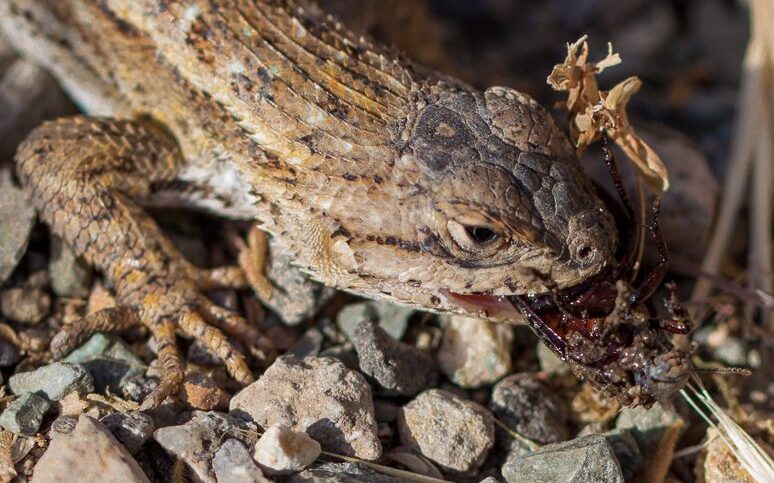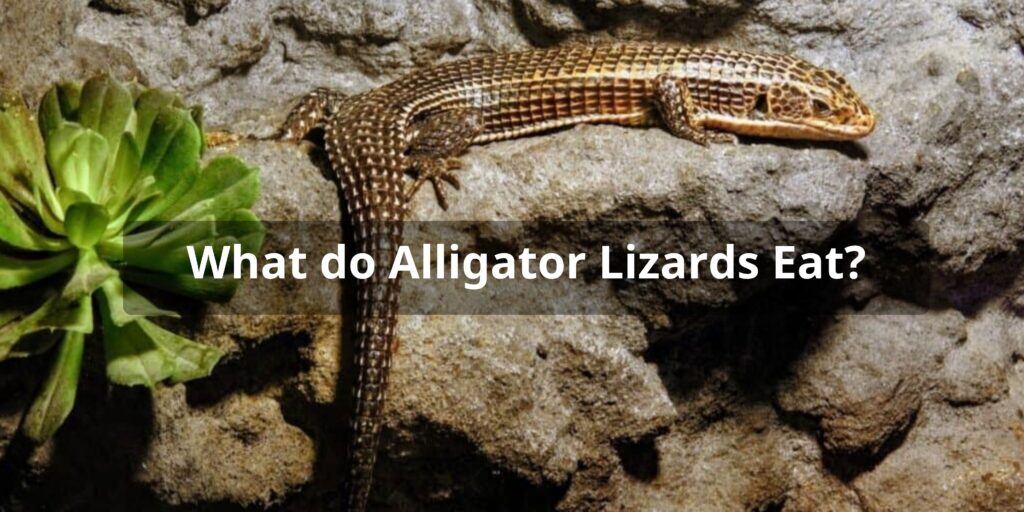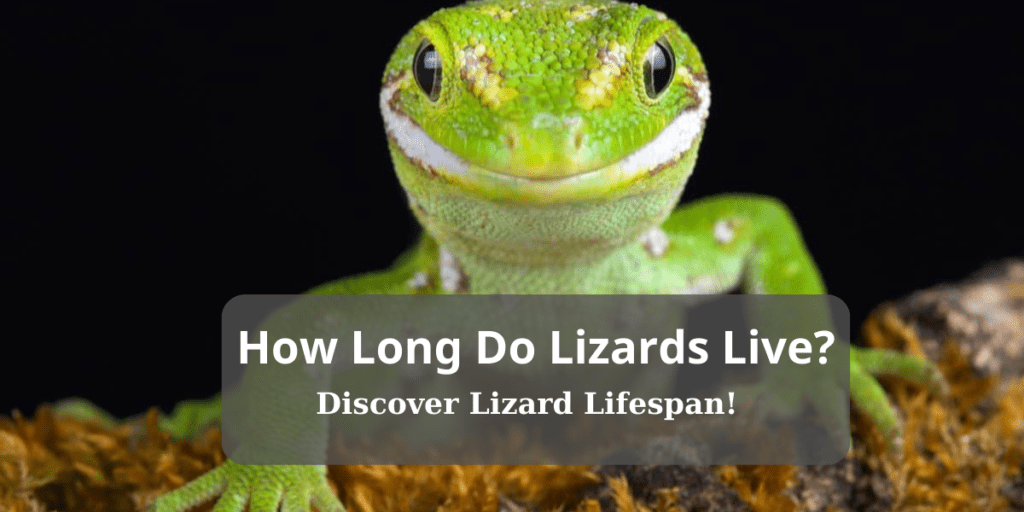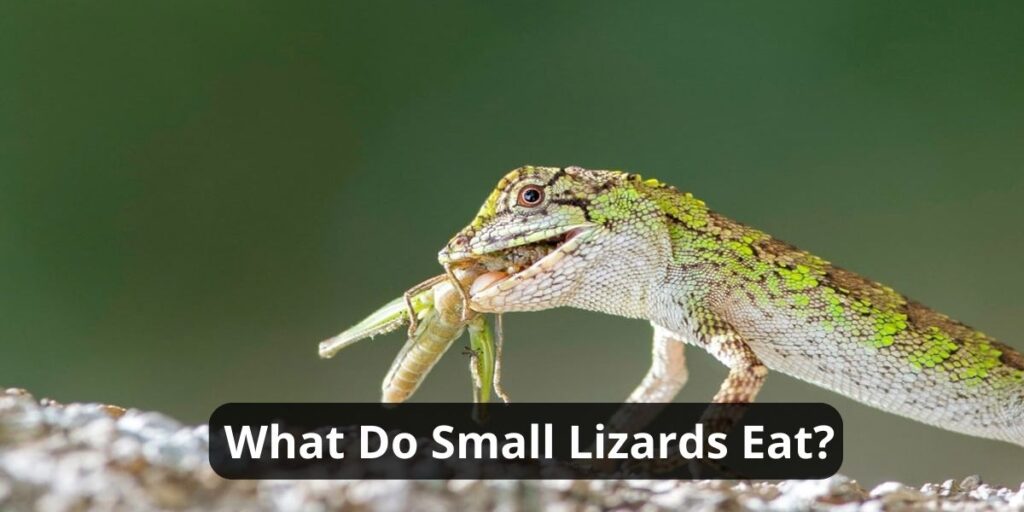Alligator lizards are captivating creatures that can be found in various regions across the globe. If you’ve ever wondered what these reptiles consume to sustain themselves, you’re in the right place! In this article, we will delve into the dietary preferences and habits of alligator lizards, shedding light on their eating habits and providing useful information for those interested in these marvelous creatures.
When it comes to their diets, alligator lizards are known to be opportunistic carnivores. They have diverse tastes and exhibit a preference for live prey. Let’s explore the various food items that commonly make up an alligator lizard’s diet:

1. Insects and Arthropods
Alligator lizards have a strong inclination towards consuming insects and arthropods. These small critters form a significant portion of their diet. Common examples include beetles, ants, spiders, crickets, grasshoppers, caterpillars, and centipedes. The abundance of these creatures during certain seasons plays a crucial role in dictating the availability and frequency of these food sources for alligator lizards.
2. Snails and Slugs
In addition to insects, alligator lizards also relish snails and slugs. These slow-moving creatures provide a different texture and taste compared to the nimble insects. With their sharp teeth and agile tongues, alligator lizards are well-equipped to capture and devour these mollusks.
3. Small Vertebrates
Alligator lizards are not limited to solely consuming invertebrates; they are also capable of preying on small vertebrates. While their primary diet consists of insects and arthropods, they occasionally target small mammals, birds, and even other reptiles within their habitat. However, it’s important to note that these instances are relatively rare and occur mainly when other food sources are scarce.
4. Eggs
Eggs form an essential part of the alligator lizard’s diet during specific times of the year. They opportunistically consume the eggs of birds, reptiles, and various other animals that lay their eggs in or near the lizard’s habitat. This behavior enables them to obtain a nutrient-rich meal, providing essential proteins and fats.
5. Fruits and Vegetation
Although not a significant part of their diet, alligator lizards have been observed consuming small amounts of fruits and vegetation. These plant materials serve as supplementary nutrition, offering additional vitamins and minerals that contribute to their overall health and well-being.
FAQs about What Alligator Lizards Eat
Do alligator lizards eat fish?
No, alligator lizards do not typically consume fish. Their diet primarily consists of insects, arthropods, snails, slugs, small vertebrates, and occasional eggs.
Can alligator lizards survive solely on a vegetarian diet?
While alligator lizards may occasionally consume small amounts of fruits and vegetation, they are primarily carnivorous creatures. A vegetarian diet alone would not provide them with the required nutrients.
How often do alligator lizards need to eat?
The frequency of an alligator lizard’s meals depends on various factors, including temperature, habitat, and prey availability. On average, they tend to feed every 1-3 days.
Are alligator lizards venomous?
No, alligator lizards are not venomous. They rely on their sharp teeth and agile hunting skills to subdue their prey rather than using venom.
Are alligator lizards endangered due to their dietary preferences?
Alligator lizards are not currently classified as endangered. They have adapted well to their environments and maintain a diverse diet, allowing them to thrive.
Conclusion
Alligator lizards are fascinating creatures with an eclectic taste in food. Their opportunistic nature enables them to adapt to different prey sources based on availability. While their primary diet consists of insects and arthropods, they are also known to consume snails, slugs, small vertebrates, eggs, and even small amounts of fruits and vegetation.
Understanding the dietary habits of alligator lizards sheds light on their ecological roles and underscores the importance of preserving their habitats. By conserving these ecosystems, we contribute to the continued survival and well-being of these remarkable reptiles.



